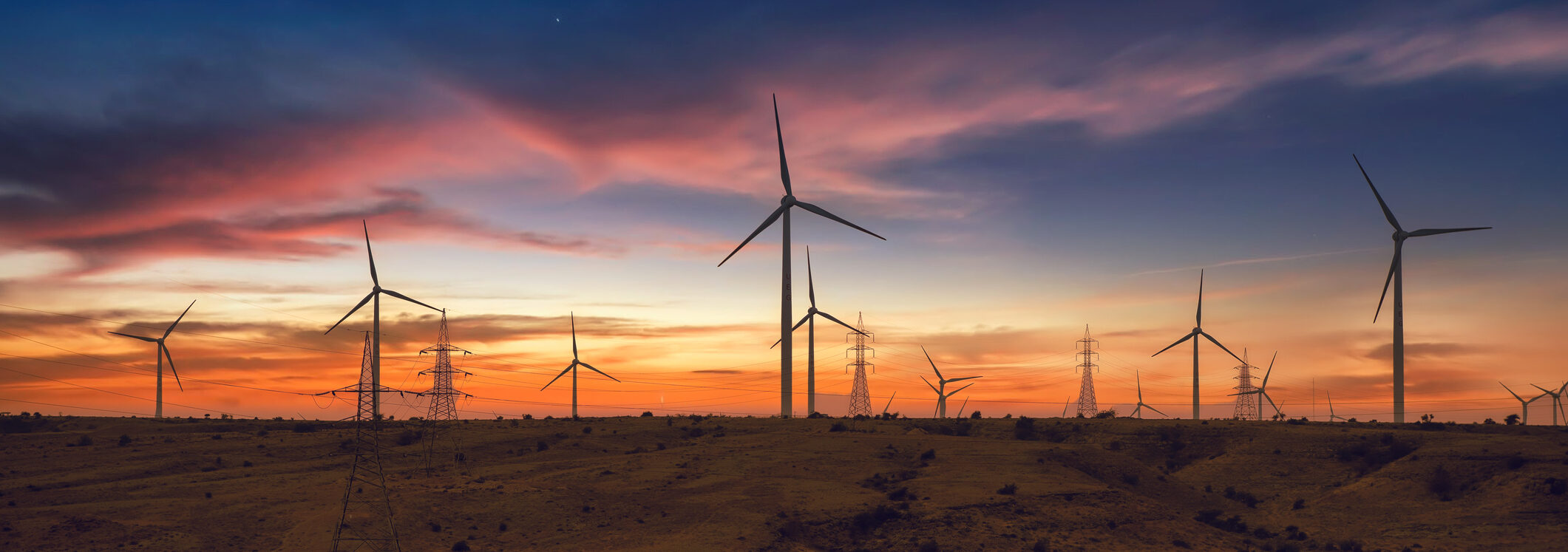
Pakistan
Pakistan Power Sector Improvement Activity (PSIA)
NUMARK Associates and Energy and Security Group (ESG) support the United States Agency for International Development (USAID) Pakistan Power Sector Improvement Activity (PSIA) task order. The task order falls under NUMARK’s existing Energy II IDIQ contract and is the result of a competitive solicitation.
PSIA is a four-year, $23.5M Activity aiming to increase the financial viability, reliability, and affordability of Pakistan’s power system. PSIA supports USAID’s focus on facilitating long-term solutions to energy issues through increased engagement with the private sector. This will be achieved by leveraging private investment and providing technical assistance to improve governance, implement necessary reforms, and promote fair and open competition in the market.
Working together with Pakistan-based subcontractors, NUMARK and ESG support Pakistani government efforts to transition to a competitive power market; improve energy transmission and distribution system operations; optimize the use of grid electricity; and increase the share of renewable energy production and energy efficiency utilization in the country’s energy mix. Key considerations for the PSIA Activity include more fully engaging the private sector, coordinating with Pakistani and regionally based stakeholders, ensuring environmental compliance and climate risk management, and promoting gender equality.
NUMARK and ESG bring USAID not only wide-ranging expertise in renewable energy and energy efficiency development and utilization, energy security, and energy sector planning and governance, but also resources in training, gender engagement, communications, and project management. The team has successfully implemented numerous large- and small-scale USAID energy projects around the world.
Some of the successes of this project to date are highlighted below:
- Creating A Competitive, Open, and Affordable Wholesale Electricity Market in Pakistan
- Successful Electricity Market Professional Training Prepares Pakistanis to Participate in New Energy Market
- Transforming Pakistani Women’s Lives Through Energy Education
- Energy Investment Opportunities in Pakistan Highlighted at Future Energy Asia Summit
CASA-1000 Secretariat Project
 ESG supports the $1.2 billion CASA-1000 project which will bring 1300 megawatts (MW) of seasonal power from Tajikistan and the Kyrgyz Republic to Afghanistan and Pakistan. It will be a major new source of revenue in the regional electricity market, transmitting 4.6 billion kilowatt hours (kWh)/year.
ESG supports the $1.2 billion CASA-1000 project which will bring 1300 megawatts (MW) of seasonal power from Tajikistan and the Kyrgyz Republic to Afghanistan and Pakistan. It will be a major new source of revenue in the regional electricity market, transmitting 4.6 billion kilowatt hours (kWh)/year.
ESG serves as the project Secretariat and provides technical assistance and maintains the project schedule; provides communications/knowledge management support; and provides coordination, governance, and conflict management for representatives from 4 countries, 11 engineering, procurement and construction contractors, and 4 donors.
Countries: Kazakhstan, Pakistan, Tajikistan, Afghanistan (paused), Kyrgyzstan
Project Overview: Kyrgyzstan and Tajikistan are two countries in Central Asia endowed with some of the world’s most abundant clean hydropower resources. With summer rainfall and water flow, both countries have a surplus of electricity during the summer. Nearby in South Asia, Afghanistan and Pakistan suffer from chronic electricity shortages while trying to keep pace with a fast-growing demand. Pakistan cannot meet its citizens’ electricity needs, especially during the sweltering summer months, leading to frequent power cuts that hurt industrial production, sometimes close small businesses, and lead to job losses. Meanwhile, millions of people still live without electricity altogether.
A new electricity transmission system to connect all four countries, called the CASA-1000 project, will make the most efficient use of clean hydropower resources in the Central Asian countries by enabling them to transfer and sell their electricity surplus during the summer months to the deficient countries in South Asia. The CASA-1000 project also complements the countries’ efforts to improve electricity access, integrate and expand markets to increase trade, and find sustainable solutions to water resource management.
Funding for the CASA-1000 project is provided by a consortium of international development institutions including the World Bank, Islamic Development Bank, US Agency for International Development, European Investment Bank, European Bank for Reconstruction and Development and Foreign and Commonwealth Development Office (UK).
Key ESG Results: 100+ technical working sessions, capacity building, or other workshops organized and hosted; 80+ project reports/documents negotiated and finalized with stakeholders.
Selected Relevant ESG Activities:
- Developing CASA-1000 technical code–including 150 chapters covering common operating principles and procedures, including technical specs, digital monitoring systems, and cyber security
- Maintaining project schedule and produce project progress reports
- Structuring and negotiation of project bank accounts and bank account agreements
- Mobilizing additional finance and donor requirements for the project
- Developing CASA-1000 communication strategy
- Developing and maintaining complete document/knowledge management system–official repository of 64,951 project artifacts, documents, and analysis
